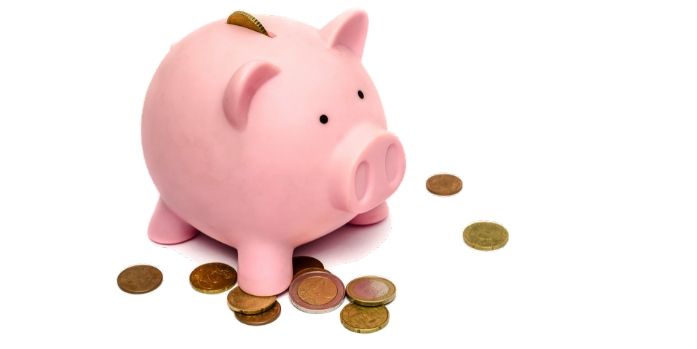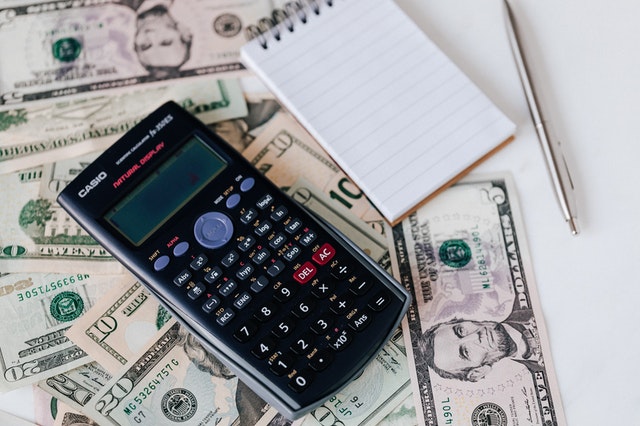How Much Money Should I Have in an Emergency Fund?

When you have an emergency fund, you can avoid using costly credit cards to pay for unexpected expenses. An emergency fund provides ready cash for car repairs, home fixes and medical needs. If you lose your job, you can rely on your savings to cover your bills while you find a new position. Determining how much money you need in your emergency fund largely depends on how much your household spends on the essentials each month. Use these guidelines to figure out the amount you should set aside to prepare for life's bumps in the road.
Add Up Your Expenses
Many financial experts recommend keeping three to six months of expenses in your retirement account. If you don't already have a budget, making one is your first step in this situation. Calculate how much you spend on housing, utilities, groceries, debt payments, child care and other key expenses each month. Multiply that number by three to get the minimum amount you should save, then by six to get the maximum amount. The higher your monthly expenses, the larger your emergency fund should be.

Make Lifestyle Adjustments
In certain circumstances, you may want to save more or less than the recommended three-to-six month benchmark. For example, if you're a single-person household and you try to keep your expenses low, you can aim toward the lower end of the range. On the other hand, if you have children or other dependents, own several properties, or otherwise have high expenses, make sure you have enough savings to stay afloat by using six months' expenses as your minimum goal.
Debt is also a factor when determining the ideal amount of emergency savings for your needs. Financial guru Dave Ramsey recommends creating a starter emergency fund of just $1,000 if you have limited discretionary income after you pay your bills each month. Then, once you get out of debt, you can increase the monthly amount you put away for an unexpected crisis.
Treat It Like a Bill
Let's say your household spends $2,500 a month on essential expenses. Saving $7,500 to
$15,000 in an emergency fund can seem daunting. If you're not sure how to get there, start by setting smaller goals. Take another look at the budget you created in step one. How much can you afford to set aside in savings each month? Set up an automatic transfer for that amount and watch your savings increase over time.

Put It in the Right Place
Your emergency fund should be easily accessible in a savings or money market account.
Although you won't earn as much interest as you would in a riskier investment account, you
ensure that your savings are safe and sound. You also avoid the penalties you would receive for early withdrawals from those types of accounts.
Know When To Use It
Have benchmarks in mind that will help you decide whether an expense requires a dip into your emergency fund. For example, make sure the cost in question is necessary, did not allow for advance planning and requires urgent action. These checks and balances will prevent you from depleting your savings without a good reason. After using part of your emergency fund, make a plan to put the money back where you found it, so it will be there next time you need urgent cash with limited notice.

Once you have fully funded your emergency savings, avoid adding surplus funds to this account. Instead, put your discretionary income elsewhere when working toward other financial goals, including but not limited to retirement, homeownership and college savings for your children. Savings accounts rarely pay more than 1% interest and lack the tax advantages of individual retirement accounts, 401(k) plans and similar investments.
